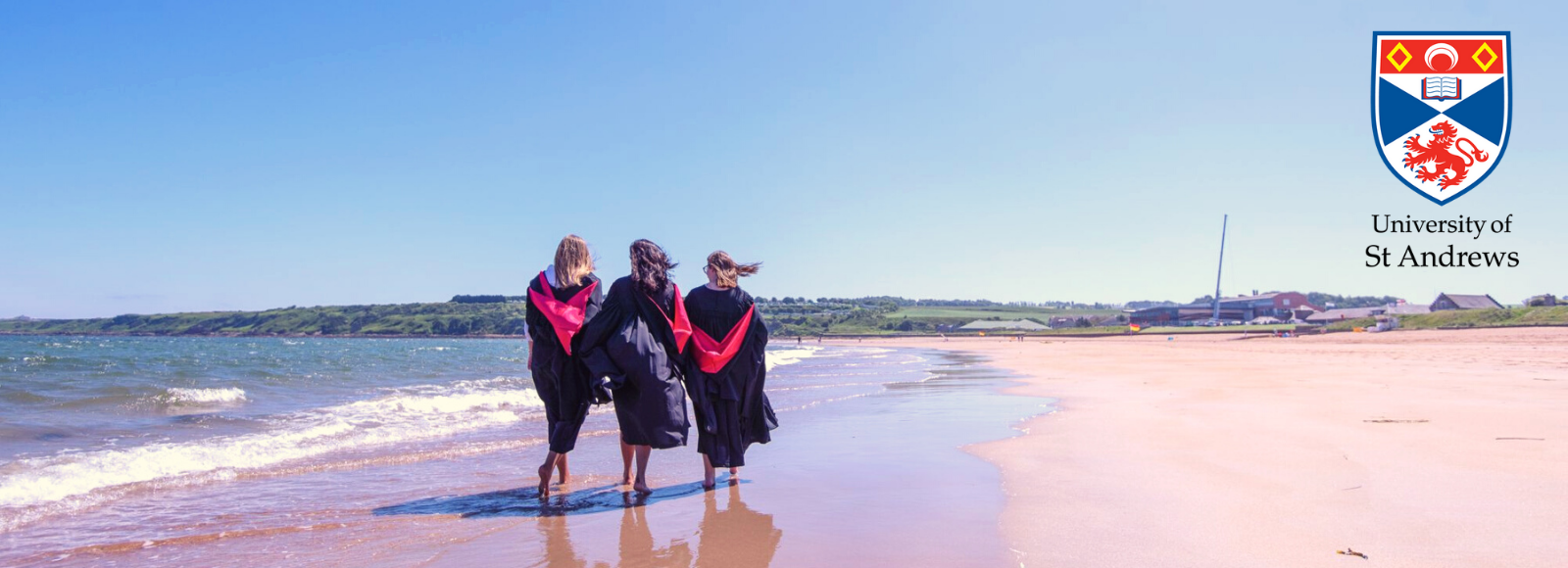- ...
Postgraduate Studentships - Search for funding opportunities.
Postgraduate Studentships - Search for funding opportunities.
The MSc in Mathematical Biology consists of two semesters of taught courses run by the School of Mathematics and Statistics, followed by a dissertation undertaken over the summer months.
There is a growing worldwide demand for students with these skills in mathematical biology academic research, as well as in the life sciences industrial sector, including biotechnology, biomedical, healthcare and pharmaceutical companies.
Highlights
A 2.1 undergraduate Honours degree in Mathematics, Statistics or a closely related subject area. If you studied your first degree outside the UK, see the international entry requirements.
The qualifications listed are indicative minimum requirements for entry. Some academic Schools will ask applicants to achieve significantly higher marks than the minimum. Obtaining the listed entry requirements will not guarantee you a place, as the University considers all aspects of every application including, where applicable, the writing sample, personal statement, and supporting documents.
Application requirements
For more guidance, see supporting documents and references for postgraduate taught programmes.
For fees and funding options, please visit website to find out more
The skills obtained during this MSc programme are highly valued for a PhD and further academic career in mathematical biology as well as for a professional research scientist career in the private sector.
These skills are sought after, among others, in advanced Research and Development positions in:
Recent Masters and Doctoral students in the School of Mathematics and Statistics have been employed at some of the best universities and most well-known companies around the world.
The Careers Centre offers one-to-one advice to all students as well as a programme of events to assist students in building their employability skills.
Compulsory
Semester One - Optional
Students choose two optional modules from this list:
Optional modules are subject to change each year and require a minimum number of participants to be offered; some may only allow limited numbers of students (see the University's position on curriculum development).
Semester Two - Optional
Students choose one optional module from this list:
Optional modules are subject to change each year and require a minimum number of participants to be offered; some may only allow limited numbers of students (see the University's position on curriculum development).
Dissertation
MSc students complete a dissertation during the final three months of the course to be submitted near the end of August. Dissertations are supervised by members of teaching staff who will advise on the choice of subject and provide guidance throughout the progress of the dissertation.
If students choose not to complete the dissertation requirement for the MSc, there is an exit award available that allows suitably qualified candidates to receive a Postgraduate Diploma. By choosing an exit award, you will finish your degree at the end of the second semester of study and receive a PGDip instead of an MSc.

Scotland’s first university, an experience like no other Masters programmes to help you find your future. Are you looking to earn an outstanding pos...
Sign up to Postgraduate Studentships
Sign up to compare masters
Thanks for making your selection. Click below to view your comparisons.